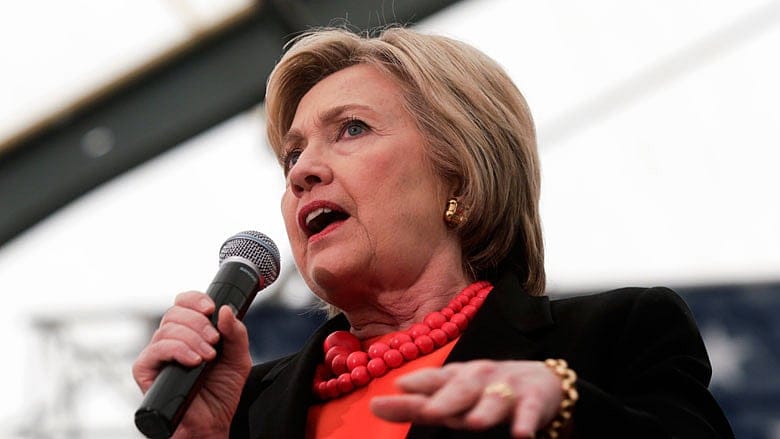A Massachusetts running mate for Hillary?

For months, rumors have circulated about the possibility that Democratic presidential frontrunner Hillary Clinton might choose a Massachusetts pol as her vice presidential running mate. On Saturday, the New York Times added fuel to the fire when it reported that the Clinton campaign has begun drawing up a list of up to 20 potential vice presidential choices, and that former Massachusetts Governor Deval Patrick is on the list.
Patrick, who served as President Bill Clinton's Assistant Attorney General for Civil Rights, and who has worked at Bain Capital since leaving the governorship in January, 2015, has repeatedly denied any interest in becoming anyone's 2016 vice presidential running mate.

